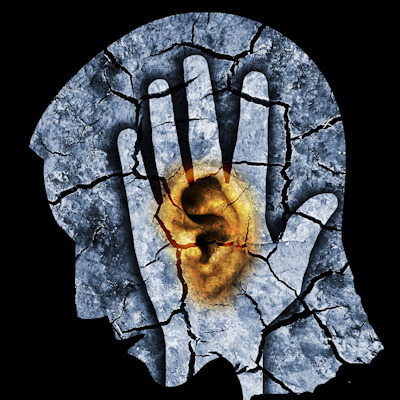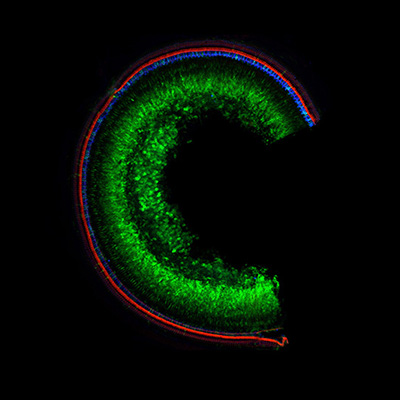September 27, 2022 -- Indiana University (IU) School of Medicine researchers are developing new ways to study why a class of antibiotics called aminoglycosides causes human hair cell death and permanent hearing loss. They contend the proteins that have been identified could potentially be used as drug targets to prevent aminoglycoside-induced hearing loss in future studies.
Their study, published September 26 in the journal Developmental Cell, outlined how they identified proteins in the hair cells linked to hearing loss and developed mouse laboratory models not susceptible to aminoglycoside-induced hearing loss.
More than 48 million Americans have trouble hearing. Ototoxicity, hearing loss caused by medication, is a primary culprit. Low-cost aminoglycosides have long been used to treat life-threatening infections, particularly in developing countries. However, they also kill the hair cells responsible for sound reception in the inner ear, causing permanent hearing loss among many patients, but the underlying mechanisms were previously unclear.
Biochemical screening enabled the researchers to identify proteins found in hair cells. They discovered that aminoglycosides bound to a protein, RIPOR2, required for auditory perception. The researchers then developed a mouse model with normal hearing but significantly decreased RIPOR2 expression. They found that the mice had neither significant hair cell death nor hearing loss after treatment with gentamicin, a representative aminoglycoside. Their work points to the potential of RIPOR2 and other proteins to be used as drug targets in future studies.
"This work identifies multiple potential therapeutic targets for preventing hearing loss caused by aminoglycosides," said co-author and IU assistant otolaryngology professor Bo Zhao, PhD, in a statement.
Copyright © 2022 scienceboard.net









